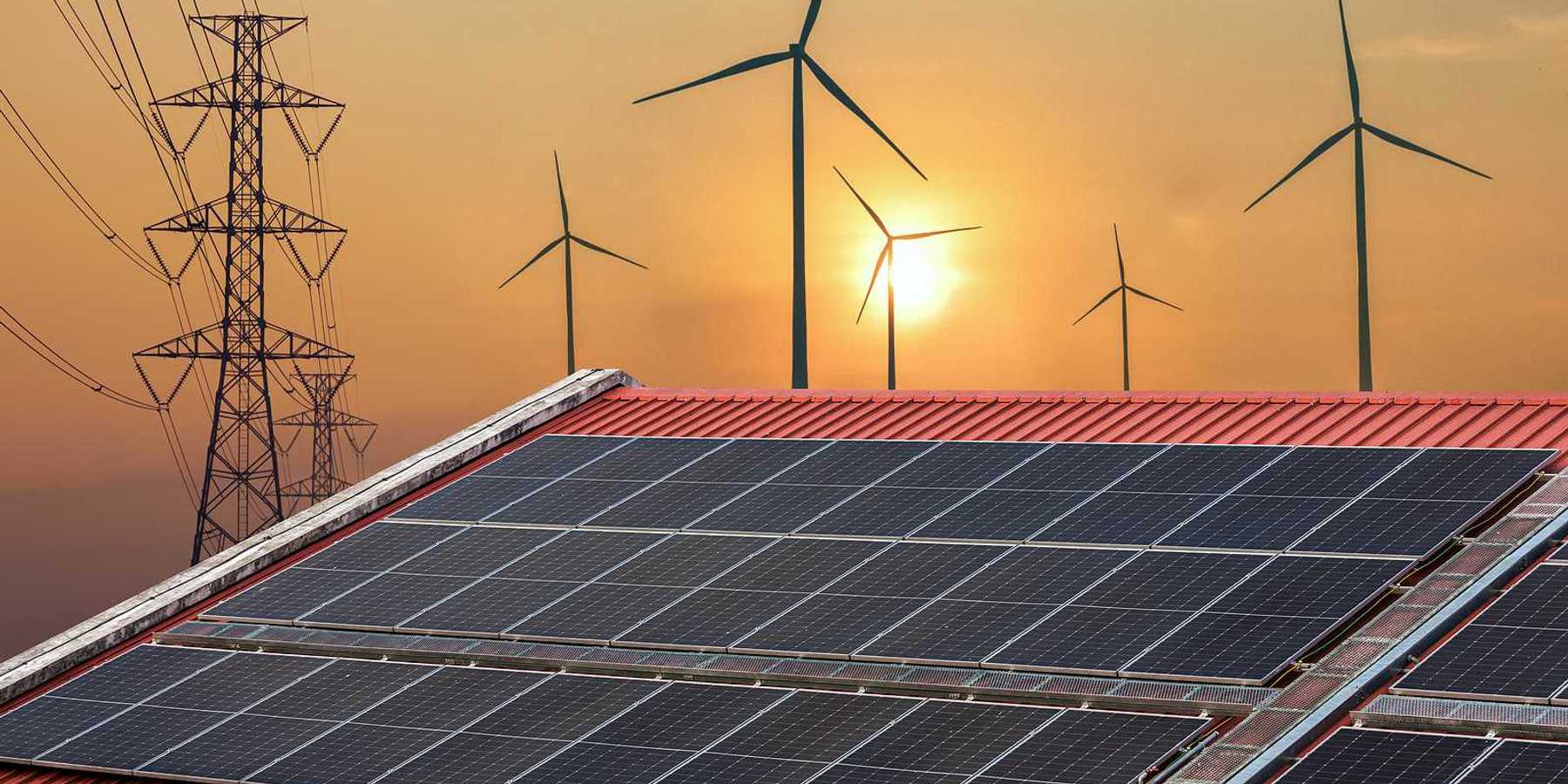Taking back the power (literally)
Brooke Anderson writes for Yes! magazine about frontline communities from California to Puerto Rico who are leading the fight for energy democracy.
In a nutshell:
In Northern California, communities like Shelterwood Collective are taking control of their energy future by building community-governed solar microgrids. This move is driven by a desire to reduce dependence on profit-driven utilities like PG&E, which have a history of causing catastrophic wildfires, deadly explosions, and power shutoffs, disproportionately affecting vulnerable communities.
For communities in the Shelterwood Collective, situated in wildfire-prone areas, having their own microgrid is not just practical but also a political statement aligning energy production with their values. Similar efforts are seen in Puerto Rico, where Casa Pueblo established a community-controlled microgrid after Hurricane Maria, reducing energy bills and increasing resilience. These initiatives represent a growing movement toward energy democracy, prioritizing community decision-making and sustainability.
Key quote:
“This week in the Bay Area, disabled people and elders without power are having difficulty breathing, moving, eating and staying alive,” explained the late disability justice organizer Stacey Park Milbern at a rally outside PG&E’s headquarters during a power blackout in 2019.
The big picture:
Energy companies driven by profit motives often cut corners on essential safety measures, contributing to catastrophic events like wildfires and deadly explosions. Their reliance on fossil fuels contributes to air pollution and climate change, impacting public health. Vulnerable communities, including Indigenous, Black and low-income populations, bear the brunt of these negative effects, as they more frequently lack the resources to cope with power outages and environmental hazards. To address these issues, there is a growing movement towards community-controlled, renewable energy systems that prioritize health, sustainability and equitable access to power.
Read the article at Yes!
Learn more: As energy rates continue to rise, utilities aren’t looking out for marginalized communities, writes Lily Carey for EHN.













